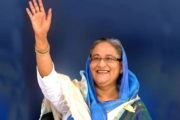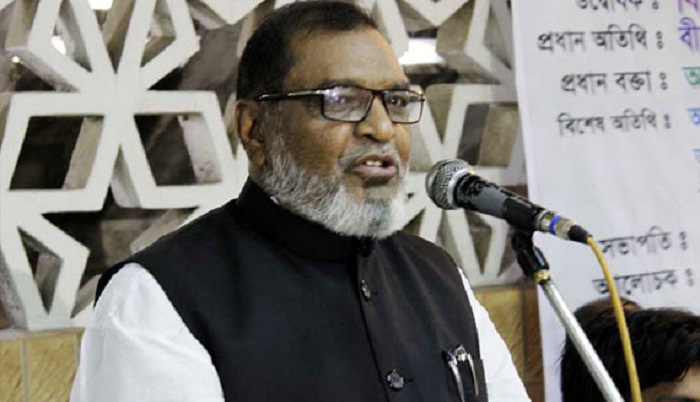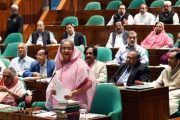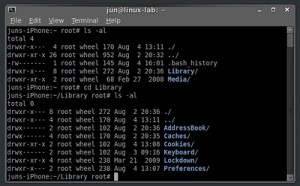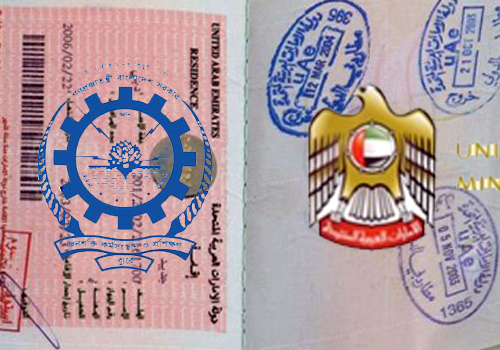 The United Arab Emirate has not responded to Bangladesh’s letter sent recently with a proposal to discuss the re-opening of the labour market at a joint committee meeting as the UAE has imposed restrictions on issuing employment visas for Bangladeshis, said officials.
The United Arab Emirate has not responded to Bangladesh’s letter sent recently with a proposal to discuss the re-opening of the labour market at a joint committee meeting as the UAE has imposed restrictions on issuing employment visas for Bangladeshis, said officials.
‘We wrote to the UAE to sit for a joint committee meeting. They have not responded to us yet. We do not know when the meeting will be held,’ said Begum Shamsun Nahar, director general of the Bureau of Manpower, Employment and Training (BMET). She told New Age at her office on Wednesday that the Bangladesh embassy in the UAE has been dealing with the UAE government vis-à-vis the labour issue. Shamsun Nahar, however, said except employment visas, the UAE embassy in Dhaka has been issuing other visas for Bangladeshi passport holders to visit that country.
Four categories of visa — resident, partner, housemaid and visit visas — are being issued for Bangladeshis. A total of 52 Bangladeshis left for the UAE between 1 and 6 November, she said. Early last month, the media reported that the UAE had imposed visa restriction for Bangladeshi passport holders. The Dubai-based Gulf News reported that the concerned authorities in the UAE have stopped issuing all kinds of entry permits for Bangladeshi passport holders because of security concerns over identification and fake documents.
The UAE, which now hosts about 12 lakh Bangladeshi workers, the second highest number after Saudi Arabia, has been a reliable labour market for the last couple of years despite the global economic recession. As per updated data available to the BMET, a total of 6,398 Bangladeshi workers left for 56 countries in last six days. Among them, 279 workers left for Saudi Arabia, 2,914 for Oman, 805 for Qatar, 299 for Bahrain, 239 for Lebanon and 163 for Jordan.
According to the year-wise data, a total of 8,75,055 workers left Bangladesh with overseas employment in 2008, 4,75,278 workers in 2009, 3,90,702 in 2010, 5,68,062 in 2011 and 5,50,506 up to November in 2012. Shamsun Nahar told New Age that on an average 1,500-2,000 Bangladeshi workers are enrolling everyday for their biometric fingerprint and registration for overseas employment.
The government made registration mandatory for overseas workers in 2004 and the biometric fingerprint enrolment system started from 2 February, 2010, said officials.
Source : BMET

























